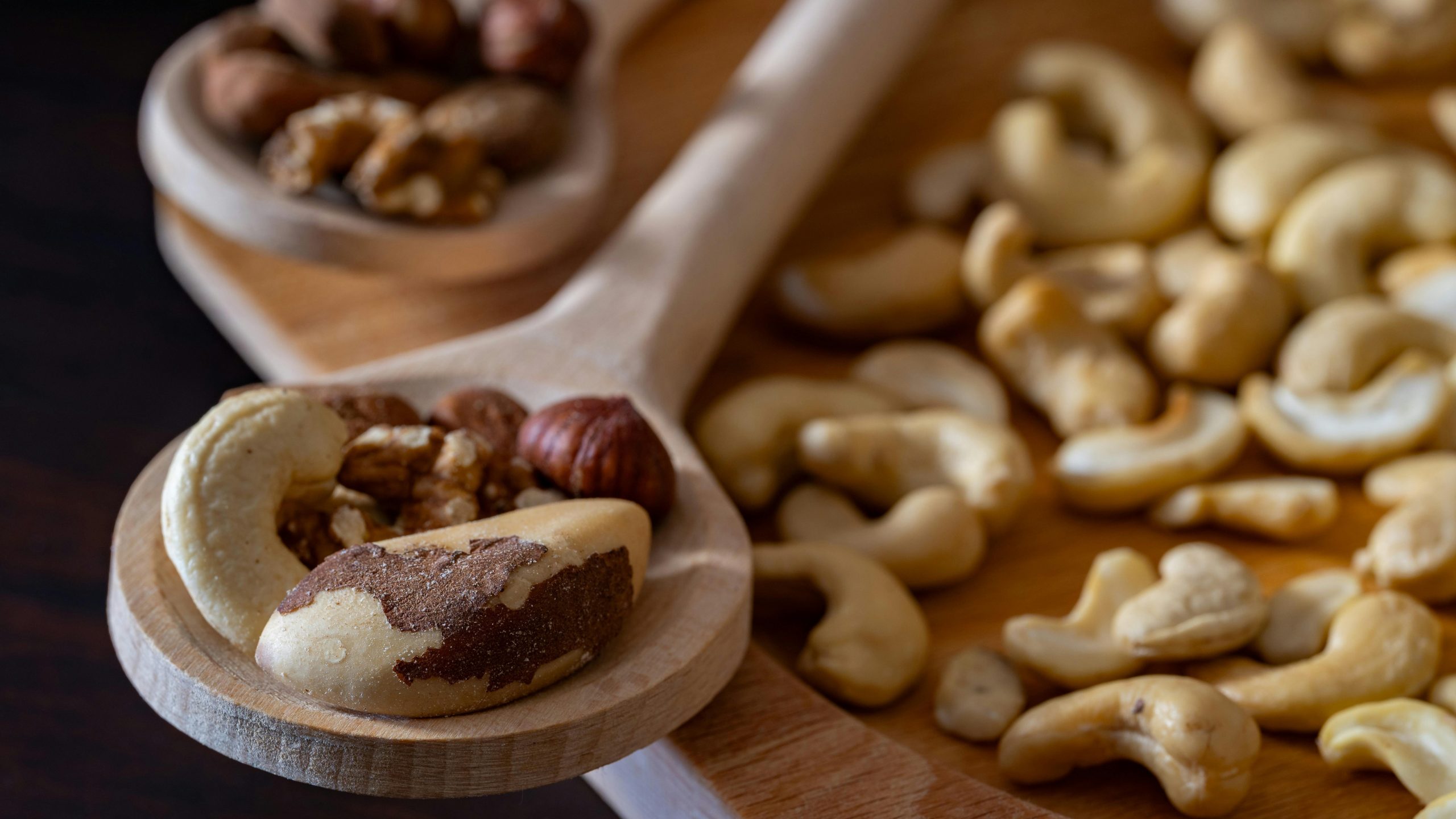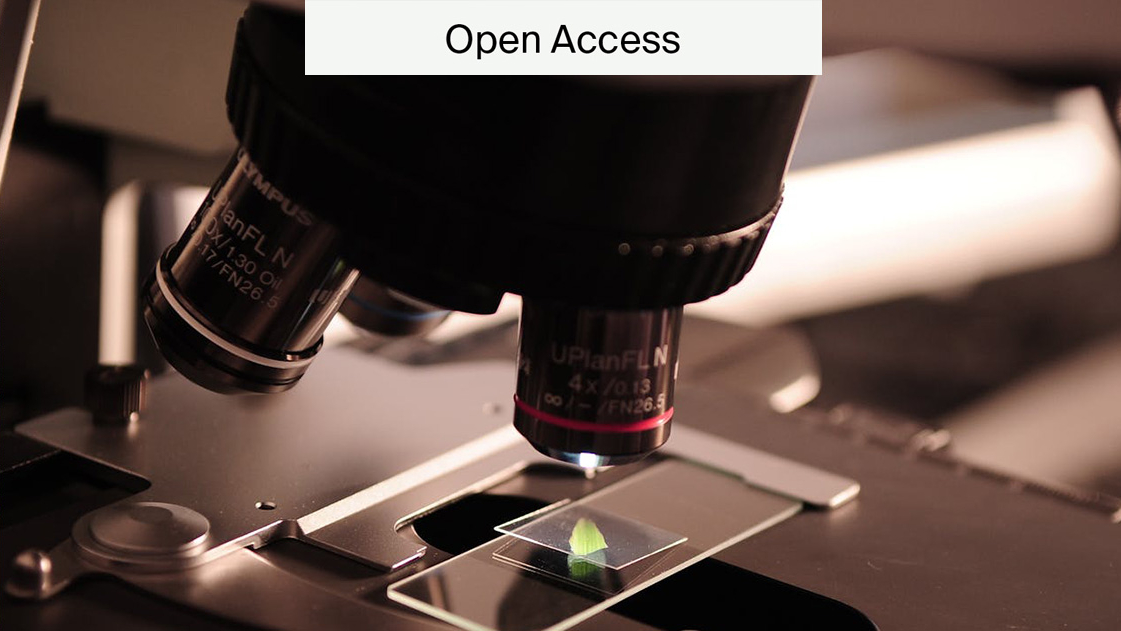
Monoclonal Antibody to HCMV Glycoprotein B
In this fascinating guest commentary by Anamaris Colberg-Poley, we dive deeper into monoclonal antibodies, HCMV and trophoblast progenitor cells. With the current interest in monoclonal antibodies, it is worth remembering their vast applicability. In this article, we will learn about human cytomegalovirus and its impacts. Because it can affect a fetus in such a detrimental way, understanding and treatment is urgently needed.
About HCMV
Human cytomegalovirus (HCMV) is the major cause of congenital birth infections in developed countries. HCMV can cause severe birth defects including microcephaly, mental retardation, sensorineural hearing loss, and intrauterine growth restriction. However, because of the potential for teratogenicity and toxic effects, no therapeutic treatment is currently approved by the Food and Drug Administration for congenital HCMV infection. The studies by Lenore Pereira and her colleagues (Zydek et al., 2014. Viruses, Special Issue on Recent CMV Research) have significant implications for developing therapies for treatment of congenital HCMV infections. Unfortunately, these are seriously lacking at this time.
Human cytomegalovirus spread
Their investigations examine how HCMV spreads in progenitor cells of the placenta, the organ that connects fetal and maternal blood supplies. The placenta provides the developing fetus with necessary nutrients and gases and also serves to eliminate its waste products. Thus, placental structure and function are essential for proper growth and development of the fetus.
In the present work, Dr. Pereira and colleagues study the ability of HCMV to infect trophoblast progenitor cells, which differentiate into cells that compose the chorionic villi, the functional subunit of the placenta. They found, for the first time, that HCMV can infect trophoblast progenitor cells resulting in the production of large amounts of infectious virus progeny. Further, their antibody studies show that HCMV uses its surface glycoprotein B to enter the trophoblast progenitor cells reducing the number and differentiation of these cells required for proper villous development and placental function. Importantly for potential therapeutics, monoclonal human antibody against HCMV glycoprotein B (a major viral surface glycoprotein) blocked HCMV entry and growth in the trophoblast progenitor cells. This antibody blockade ultimately allowed the trophoblast progenitor cells to survive and differentiate.
HCMV and glycoprotein complexes
Surprisingly, HCMV is not dependent upon another glycoprotein complex (known as the pentamer) needed to enter other biologically relevant host cells, endothelial and epithelial cells. Nonetheless, HCMV progeny from the infected trophoblast progenitor cells retained the ability to infect other cell types in the placenta, which do require the pentamer for infection. This key feature enables progeny virions produced by trophoblast progenitor cells to infect multiple cell types at the uterine-placenta interface. Subsequent replication and inflammatory responses could have unfavorable consequences for the developing fetus. But predictably could be suppressed by therapeutic use of human anti-HCMV antibodies including glycoprotein B.
About Lenore Pereira
Lenore Pereira has been a Professor of Microbiology in the Department of Cell and Tissue Biology, School of Dentistry, University of California San Francisco, since 1985. Dr. Pereira’s laboratory studies the biology of human cytomegalovirus infection. They focus on mechanisms of virus replication and pathogenesis in the human placenta and routes of virus transmission to the fetus.
Aspects of HCMV replication are investigated using In vitro models of primary cytotrophoblasts and villous explants. Also, a model of xenografts of human placenta villi in the SCID mouse model is used in vivo.
She has studied the role of humoral immune responses in suppression of HCMV replication in the placenta in clinical cases of primary congenital infection, protection with hyperimmmune globulin treatment and the effects of hypoxia on compensatory development of the placenta.
Current studies also investigate the detrimental effects of HCMV replication on self-renewal and lineage allocation of trophoblast progenitor cells. Also, these cells are central to placental differentiation and uncovering novel strategies to enhance protection of the developing fetus.
References and further reading
The top of monoclonal antibodies is far reaching and fascinating. We greatly encourage readers to learn more about this fascinating topic. To learn more about cytomegalovirus, please see the Special Issue below.
Viruses Special Issue: Recent CMV Research.
*Anamaris Colberg-Poley is Professor of Pediatrics, Biochemistry and Molecular Biology at George Washington University School of Medicine and Health Sciences. She is also a Senior Investigator, Center for Genetic Medicine Research, Children’s Research Institute in Washington, DC. Dr. Colberg-Poley’s group is currently studying the sequential trafficking of human cytomegalovirus UL37 anti-apoptotic proteins from the secretory apparatus through mitochondria-associated membranes and into mitochondria.











